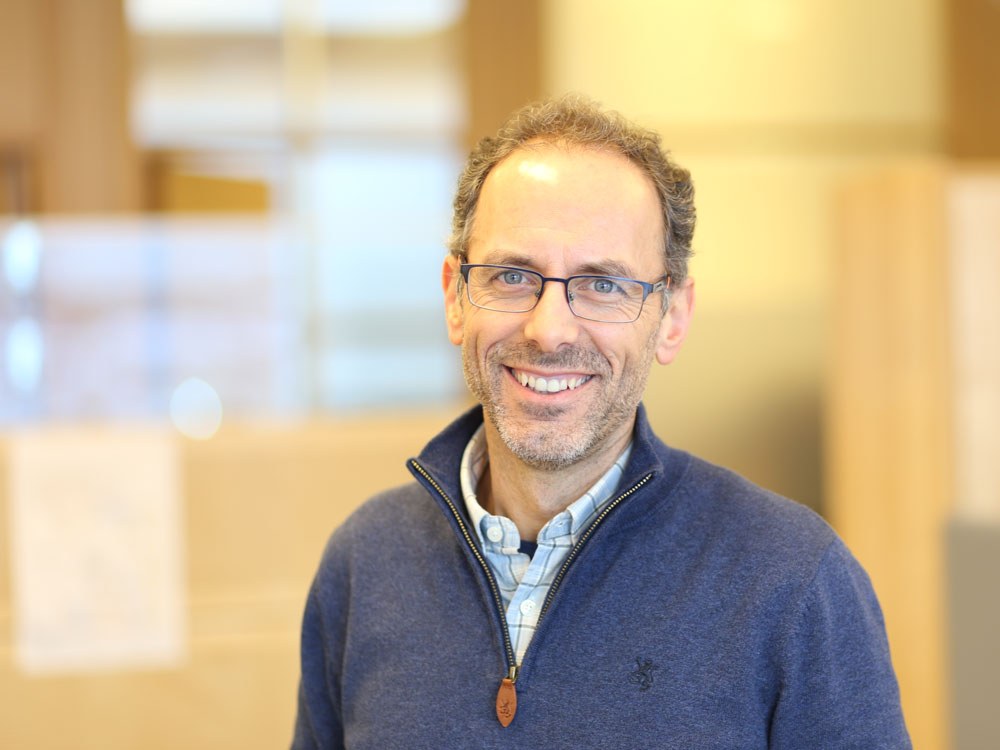SENSE-GARDEN - reconnecting through sensing
Life is full of surprises. But one thing is for sure: many of us will live longer than our ancestors. And because of old age, more of us will develop dementia. But SENSE-GARDEN may connect people through music, video, photos and smells.

There are 47 million people living with dementia worldwide, and the number is expected to reach 131 million by 2050.
A person with dementia experiences loss of function, especially memory, eventually affecting verbal communication and creating disconnection from the close ones such as family and friends.
While there is no cure for dementia, the European project SENSE-GARDEN attempts to create rooms to tap into the senses of those affected, to enable them to re-connect with reality.
«We are developing a solution where we focus on feelings. A lot of the research on dementia is very focused on memories. But we think that it is not only memories that define people, but also feelings,» says Artur Serrano, project coordinator and primary investigator of SENSE-GARDEN.

Sight, touch, hearing, smell
SENSE-GARDEN will create rooms that adapt to the memories and lives of their visitors with dementia. By stimulating the senses like sight, touch, hearing and smell, the people may be able to re-connect with the reality around.
«SENSE-GARDEN is a room that shows the past of each specific person with dementia. The room “recognises” the person and adapts to the past experiences of that person, by showing photos, films and play music meaningful to the person. They can come there with their family and share those experiences they had before, and communicate. SENSE-GARDEN can bring a new life, to the person with dementia but also for their family and caregivers» says Artur Serrano.

Trying it out in Odda, Norway
One sensing-room is set up in the Norwegian municipality of Odda and will be ready to use in 2019. By the end of the project period, Serrano says there will be sensing-rooms in the other three countries as well - Belgium, Romania and Portugal.
«We are hopeful about this. Dementia is a big health challenge that we can maybe help alleviating by investigating how technology can be used to improve the quality of life of both patients and their caregivers. In the next years, many more of us will be affected by dementia in one way or another – either ourselves or our relatives or friends» Serrano says.